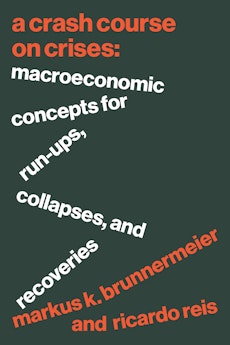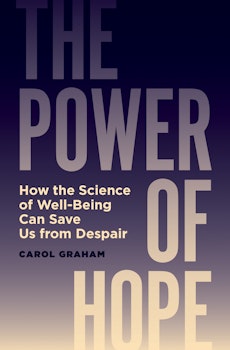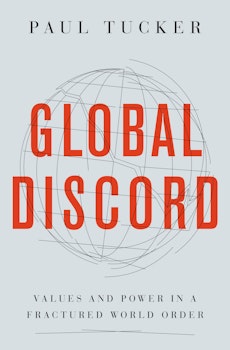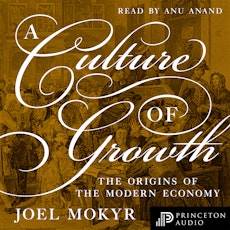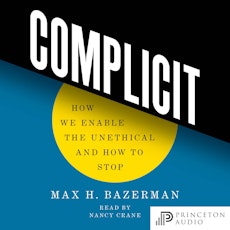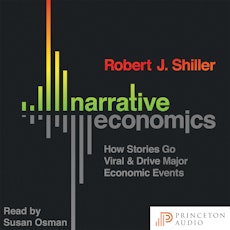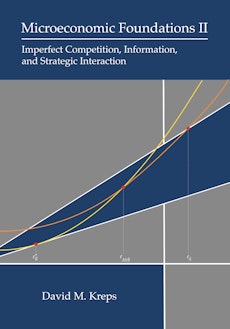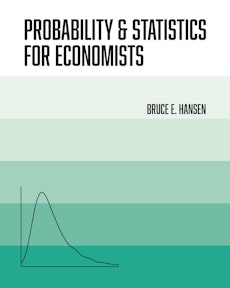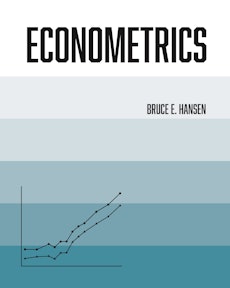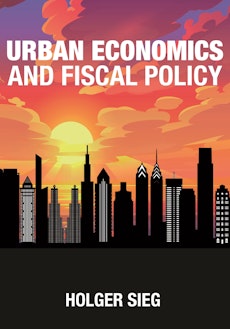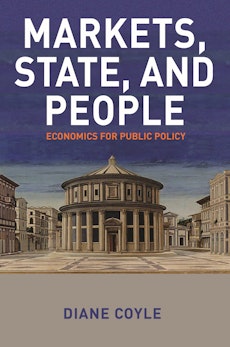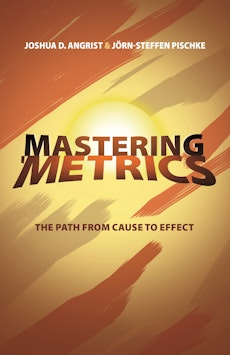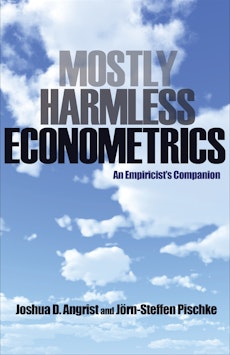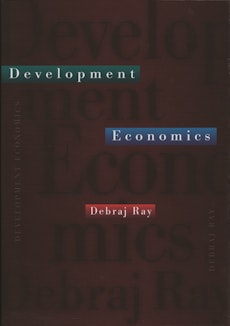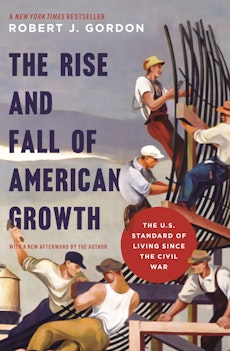Economics & Finance

-
Joe Jackson
Senior Editor, Economics -
Hannah Paul
Associate Editor, Economics & Political Science -
Rebecca Brennan
Senior Editor, Social Sciences (Europe)
Princeton University Press publishes the most influential and groundbreaking books in economics and finance, books that actively influence how the field defines and redefines itself through a broad range of new and challenging ideas and an increasingly diverse group of authors and perspectives.
Our economics list is extraordinary, and we aim to elevate this tradition to new heights to help the field of economics do the same. We publish textbooks that anticipate new courses, monographs that bring together monumental work in new ways, and bestsellers that directly influence policy and inform the daily lives of all readers.
New & Noteworthy
Featured Audiobooks
Series
Ideas
-
Listen in: Slow Burn
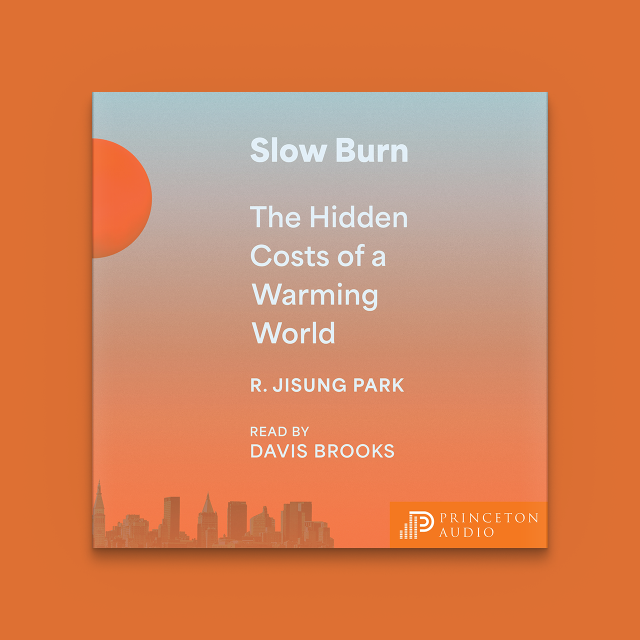
It’s hard not to feel anxious about the problem of climate change, especially if we think of it as an impending planetary catastrophe. R. Jisung Park encourages us to view climate change through a different lens: one that focuses less on the possibility of mass climate extinction in a theoretical future, and more on the everyday implications of climate change here and now.
-
Accounting for inequality

Sitting in a Thai village with my collaborator, Anna Paulson, we began to wonder how to capture all the nuances of the reality of life of households and small entrepreneurs.
-
Breaking the Mold

The whole world has a stake in India’s future, and that future hinges on whether India can develop its economy and deliver for its population—now the world’s largest—while staying democratic.
-
The post-pandemic economy

The pandemic’s later economic waves may be its biggest and most important.
-
Doing great deeds, or on the generosity of the rich

Across history the rich have achieved plenty of things from which we continue to benefit. Surely, they did it for their own benefit, and to bolster their social status—in plainer words, to show off and to impress their fellow patricians—but the fact remains that we benefit aesthetically from their efforts.
